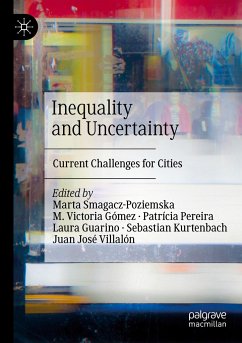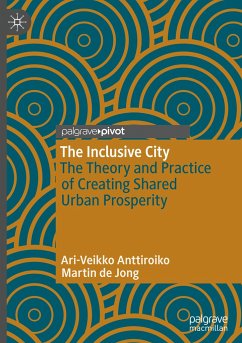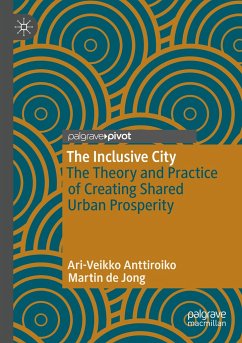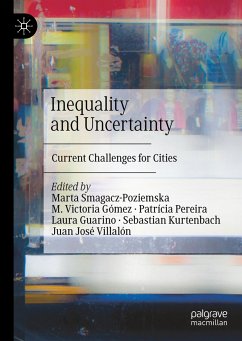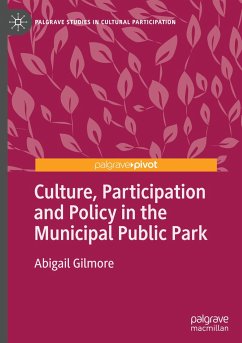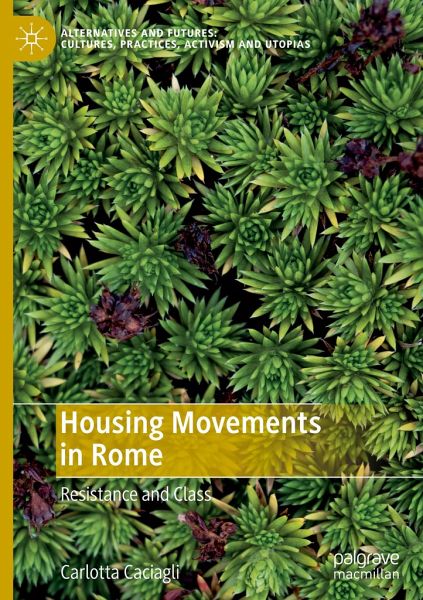
Housing Movements in Rome
Resistance and Class
Versandkostenfrei!
Versandfertig in 6-10 Tagen
68,99 €
inkl. MwSt.
Weitere Ausgaben:

PAYBACK Punkte
34 °P sammeln!
This book explores contemporary challenges of housing movement organizations, looking specifically at the case of Rome, Italy. The work identifies conditions that allow the re-composition of a class of housing dispossessed and, consequently, the features of its action in urban spaces. The book offers fresh analytical perspectives to understanding contemporary urban transformation via new spatial and strategic approaches. In striking detail, Carlotta Caciagli shows how space is a crucial variable in shaping the strategies that allow for the politicisation of a movement's social base. She illust...
This book explores contemporary challenges of housing movement organizations, looking specifically at the case of Rome, Italy. The work identifies conditions that allow the re-composition of a class of housing dispossessed and, consequently, the features of its action in urban spaces. The book offers fresh analytical perspectives to understanding contemporary urban transformation via new spatial and strategic approaches. In striking detail, Carlotta Caciagli shows how space is a crucial variable in shaping the strategies that allow for the politicisation of a movement's social base. She illustrates how new spatial configurations of urban space result from unique struggles of the recomposed collective subject. Most notably, three main conceptual tools are introduced to disentangle the relationship between the recomposed precarious class and space: "the spatial opportunity structure", "configurations of strategies" and "educational sites of resistance".





